Alectinib (Mecnib) as monotherapy is indicated for the first-line treatment of adult patients with ansplastic lymphoma kinase (ALK)-positive advanced non-eriall cell lung cancer (NSCLC)
Alectinib (Alecnib) as monotherapy is indicated for the treatment
of adult patients with ALK-positive advanced NSCLC previously beated with cozonib
DOSAGE AND ADMINISTRATION
The recommended doen al Alecina (Alecnib) is 600 mg (four
150 mg capsules) taken twice daily with food (total daily dose of
1200 mg. Patients with underlying severe hepatic impairment (Child-Pugh C) should receive a starting dose of 450 mg taken twice dały
with food (total daily dose of 900 mg)
Duration of treatment
Treatment with Alectnit (Aleonib) should be continued until
disease progression or unacceptable toxicity.
Delayed or missed doses Il a planned dose of Alectinib (Aleonib) is missed, patients can make up that dose unless the next dose is due within hours. Patients should nut take two doses at the same time to mau up for a missed dose. It vomiting occurs after taking a dose of Alectinib (Alecnib) panorts should take the next dose at the
scheduled time
Management of adverse events may require dose reduction, temporary interruption, or discornuation of eatment with Alectinib (Alecnib), The dose of Actinib (Alecnib) should be reduced in steps of 150 mg twice daily based on tolerability. Alectinib) (Alocnib) reatment should be permanently disconvin ved it patients are unable to tolerate the 300 mg twice daily dose.
Special populations
Hepatic impairment No-starting dose adjustment is required in patients with underly ng mild (Child-Pugh A) or moderate (Child-Pugh Bi negati impairment, Patients with underlying severe hepatic impairmen (Child-Pugh C) should receive a starting dose of 450 mg taken twice daily (total dose of 900 mg. For all patients with hepatic ingarment appropriate montoring reg. markers of ver function is advised.
Renal pamet
No dose adjustment is requited in patiems with mild or moderate renal impairment, Alectiob (Alecnib) has not been studed in patients with severe renal impairment, However, since Alectinib Alecnib) rimination via the Kidney is negligible no dose adjustment is required in patients with severe renal impairment,
Elderly 65 year)
The limited data on the safety and efficacy of Alectinit (Alecnib) in patients aged 65 years and older do not suggest that a dose adjustment is required in olderly patients. There are no available data on patients over 80 years of age.
Paediatric population
The safety and efficacy of Alectinib (Alecnib) in children and adolescents below 18 years of age have not been established, No data are available
Extreme body weight (>100 kg) Although PK simulations for Alectinib Alecnib) do not indicate a
bow exposure in patients with extreme body weight (130 kg), Mlectib (Alecnib) is widely cist touted and clinical studies for Alectinib enrolled patients within a range of body weights of 35.3-123 kg. There and no available data on patients with body weight above 130 kg.
Method of adoration Alectinib is for oral use, The hard capsules should be swalowed whole and must not be opened or disced. They must be taken with food.

Tyrosine kinase inhibitor
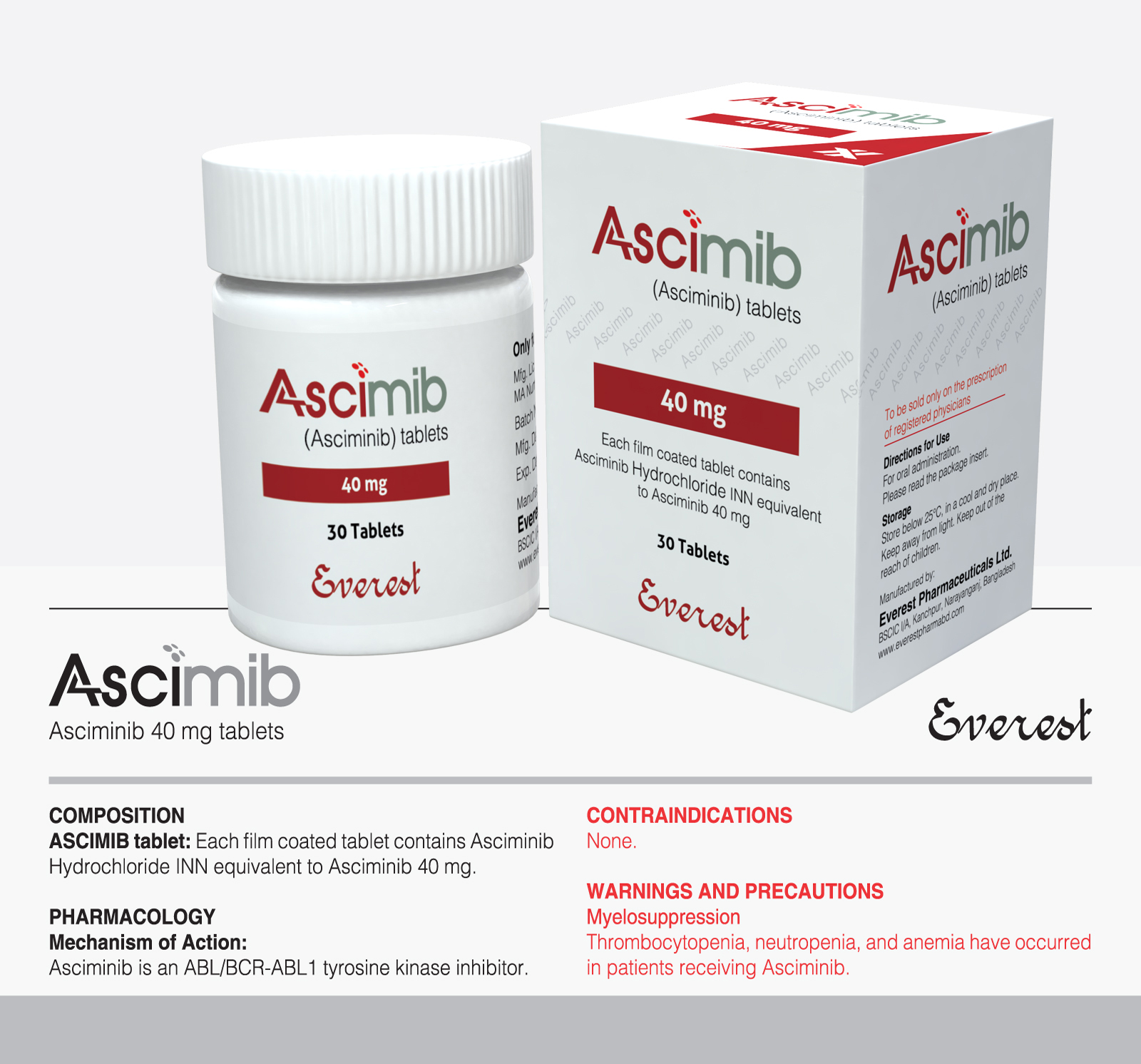
Tyrosine kinase inhibitor
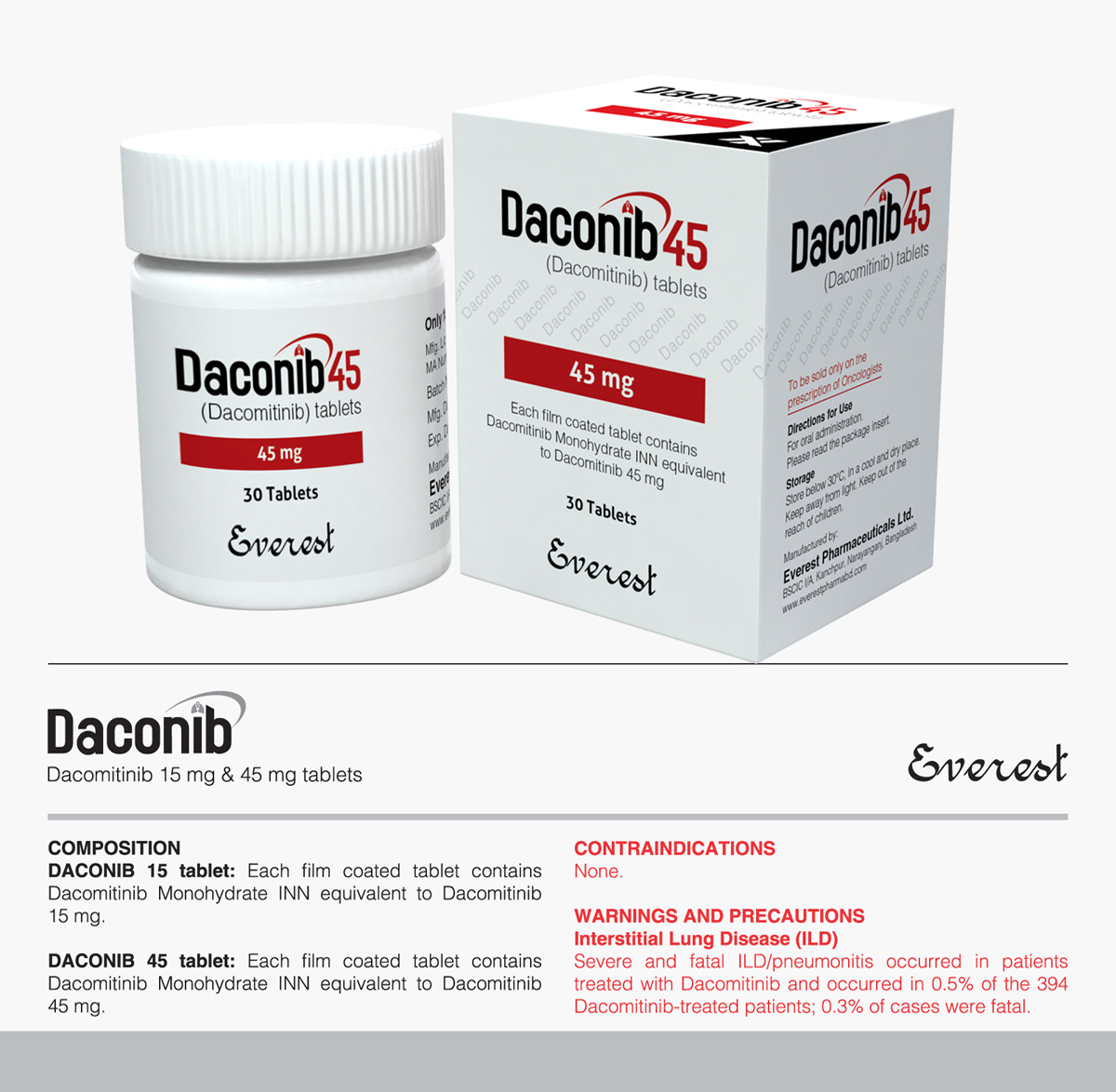
Tyrosin Kinase Inhibitor (TKI)

kinase inhibitors

polymerase (PARP) inhibitors
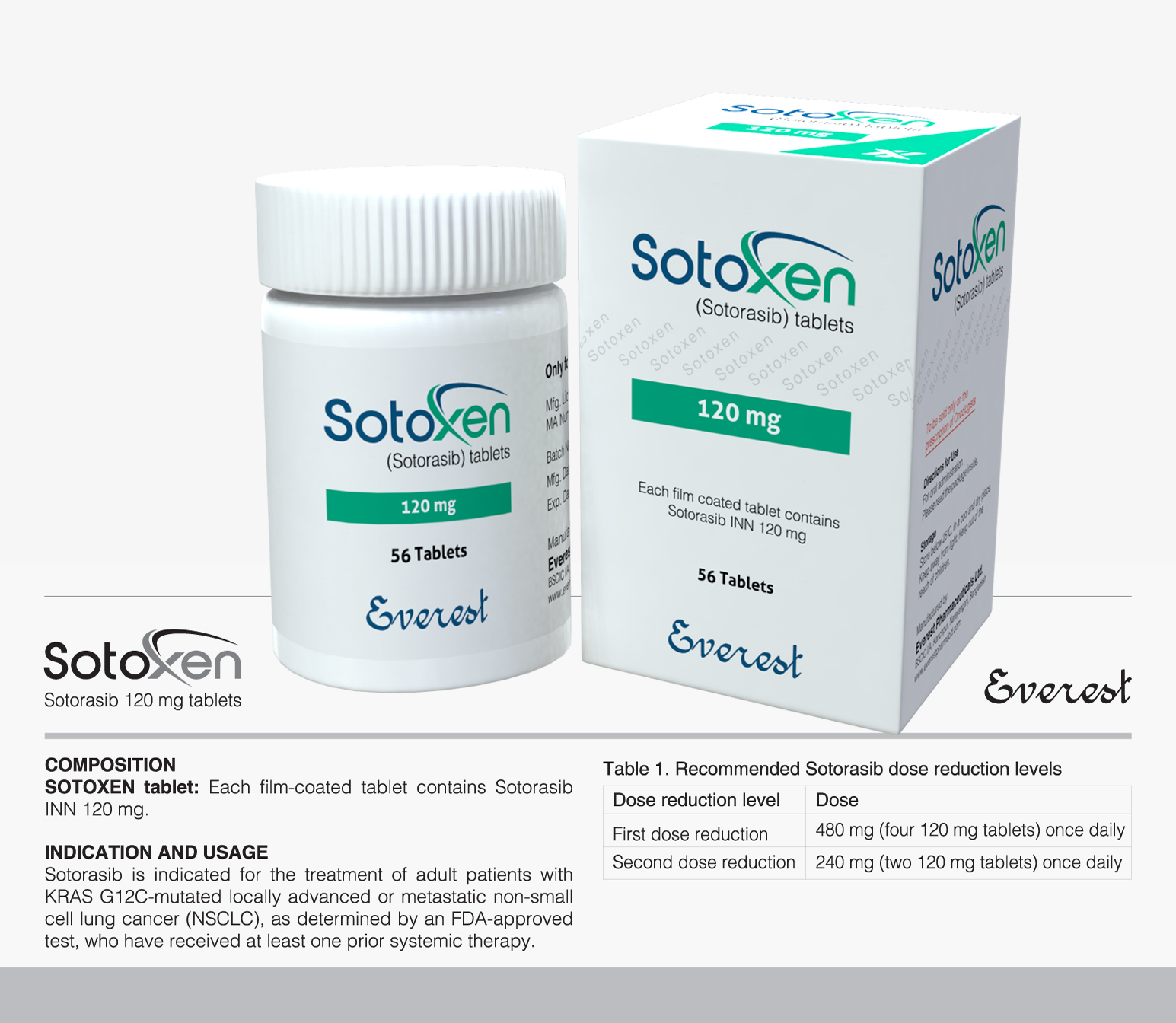
KRAS inhibitors

Tyrosine kinase inhibitor
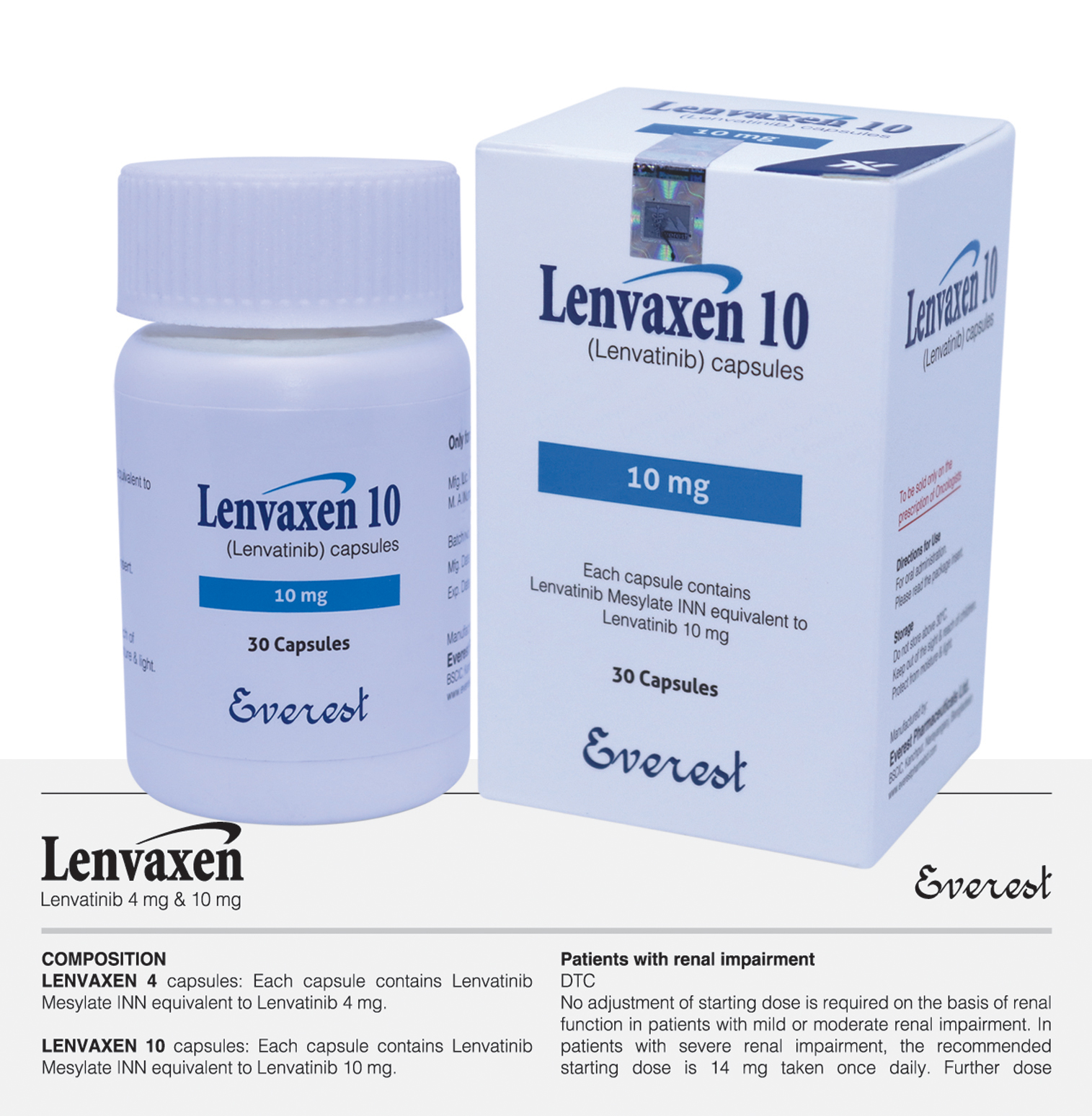
Tyrosine kinase inhibitor
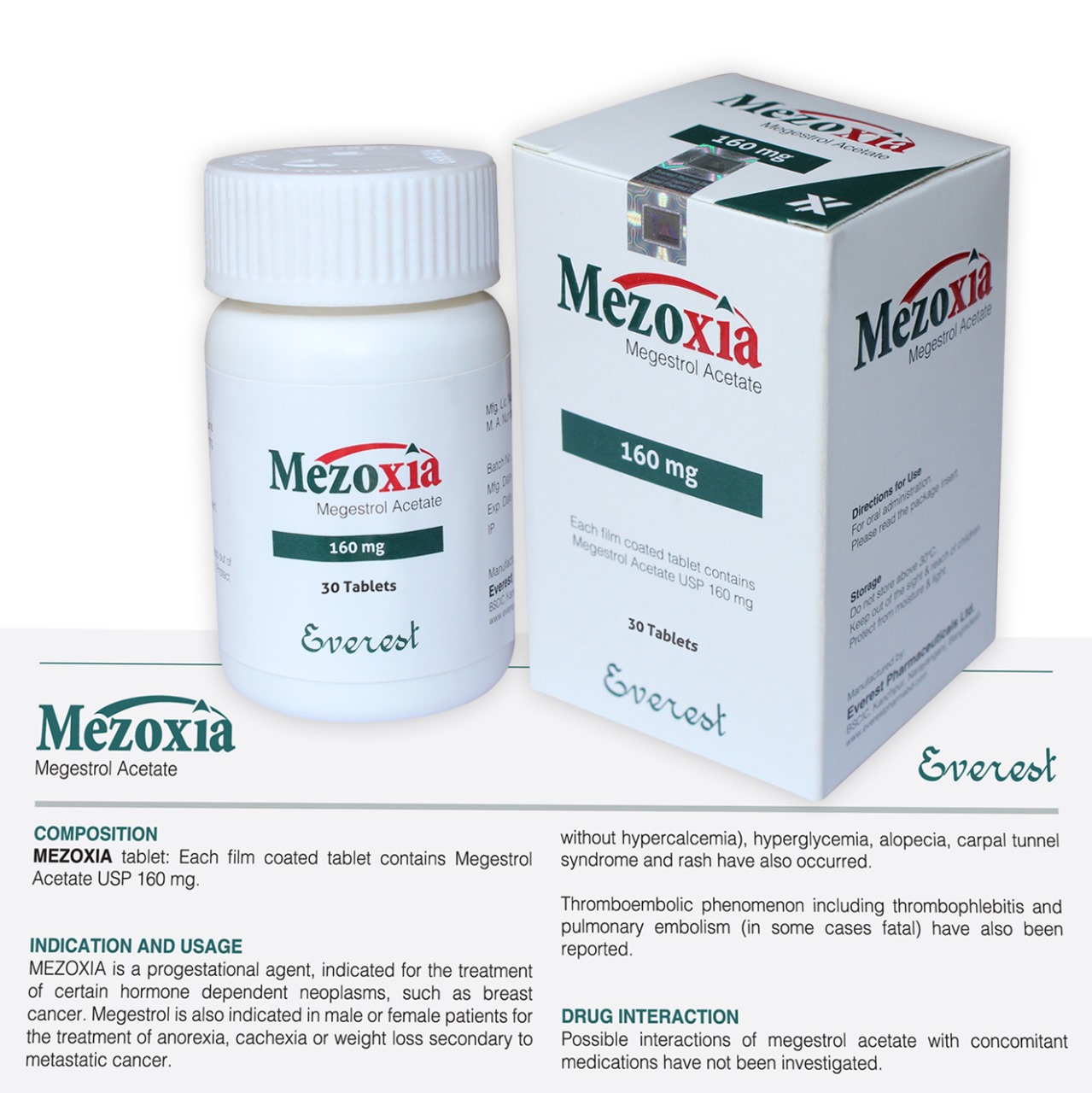
Mezoxia
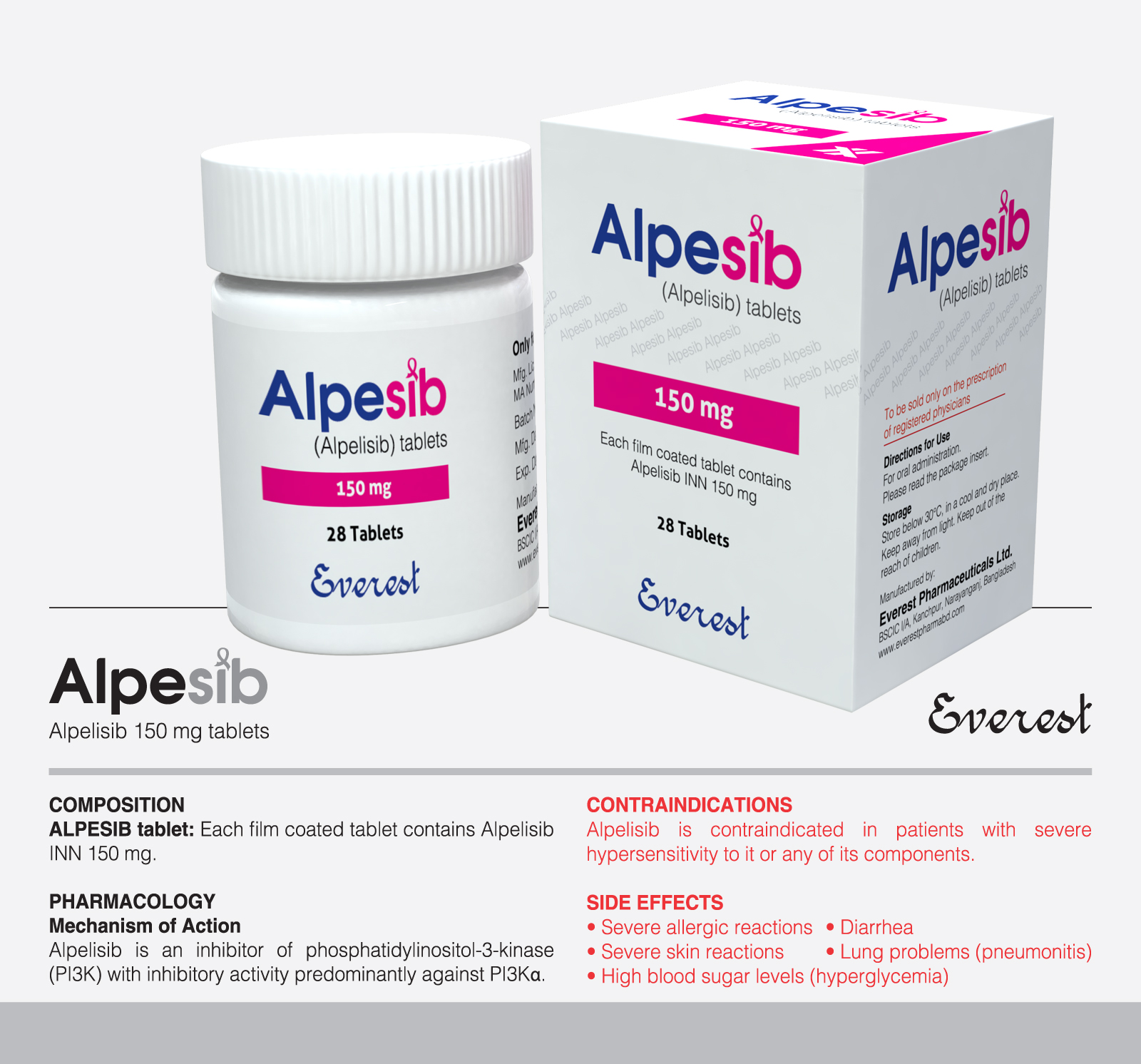
Tyrosine kinase inhibitor